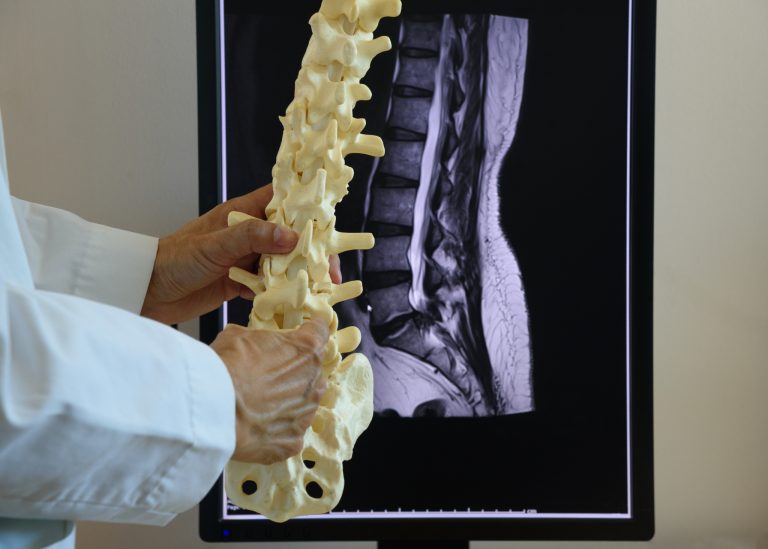Avoiding Failed Back Surgery Syndrome
Back surgery of any kind can be very intimidating. However, the most effective decision you can make is to do sufficient research and get multiple opinions. Check out the BEST tips on learning more about avoiding failed back surgery syndrome here.
Choosing the Right Surgeon
One of the most important things you can do before having neck or back surgery is to choose a highly experienced orthopedic surgeon or neurosurgeon. They will be responsible for the following:
- Correctly diagnosing your condition
- Recommending an appropriate procedure for the correct part of your spine
- Removing the problematic bone or tissue
- Properly securing any hardware, if applicable to your operation
- Limiting the impact of the procedure on the muscles and soft tissues in your neck or back
Failed back surgery syndrome may develop if these tasks or treatments are performed incorrectly. To help lower this risk, you’ll want to work with an orthopedic surgeon with several years (or even better — several decades) of experience and current board certification. You’ll also want to ask how often your surgeon performs the specific type of operation, the outcomes, and the surgical techniques. This last factor is significant because specific approaches have inherently lower rates of failed back surgery syndrome.
Minimally Invasive Surgery with BEST
Compared to traditional neck and back surgeries, minimally invasive surgeries generally have a lower failure rate. One reason is that minimally invasive procedures involve smaller incisions and less scarring. Excess scar tissue, which can potentially compress spinal nerves, is another common reason some people experience continued discomfort after neck or back surgery.
At BEST Health System, we use muscle-sparing techniques during our minimally invasive spine surgeries, which allow our procedures to require a shorter recovery time than open spine procedures. Are you interested in learning more about minimally invasive surgery with BEST Health System? Contact us today.
